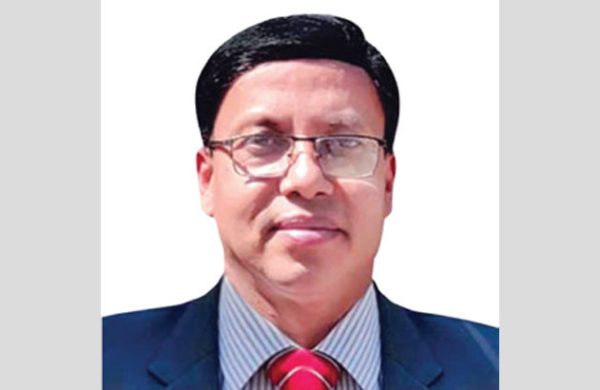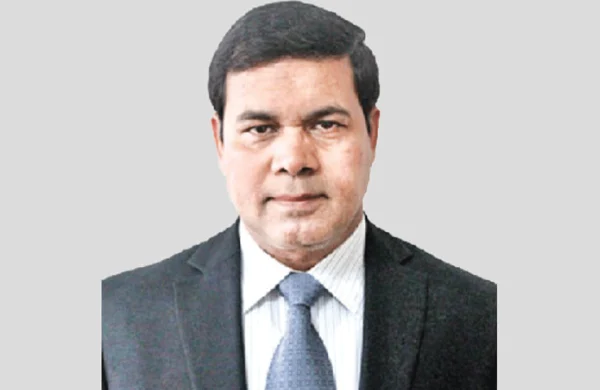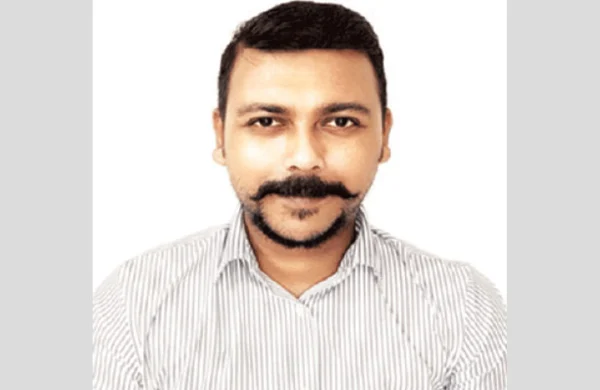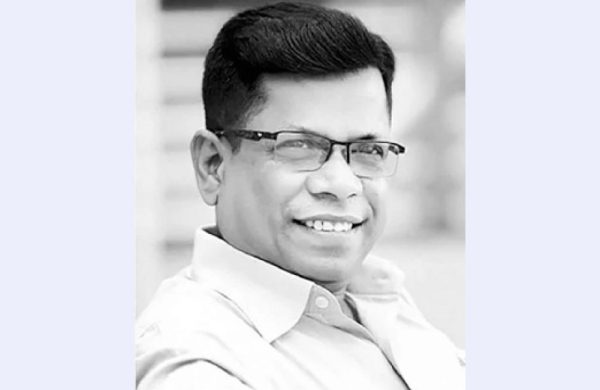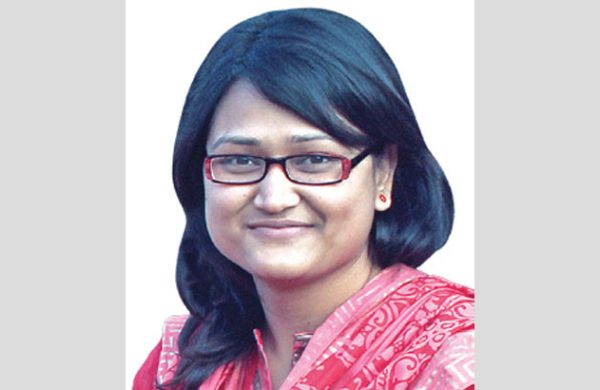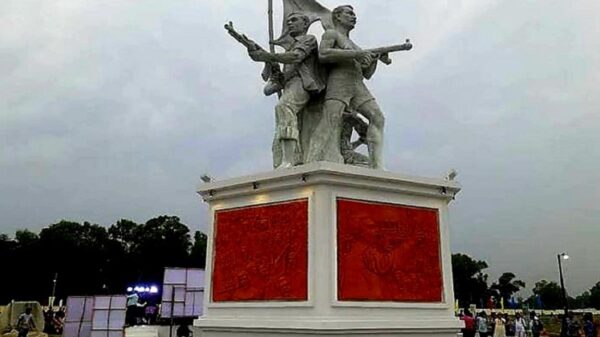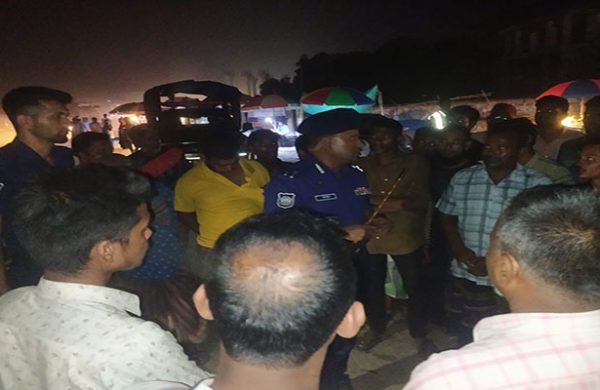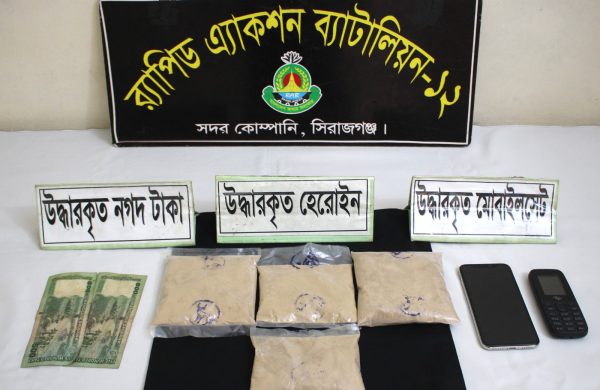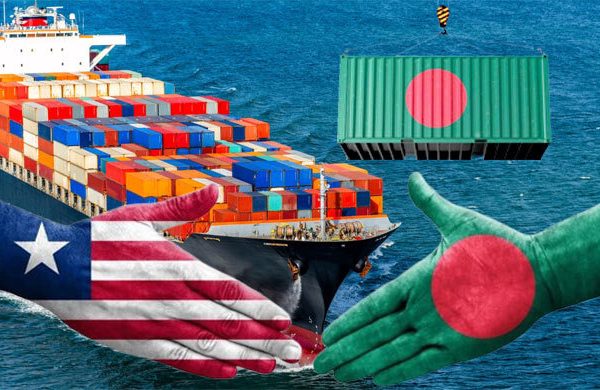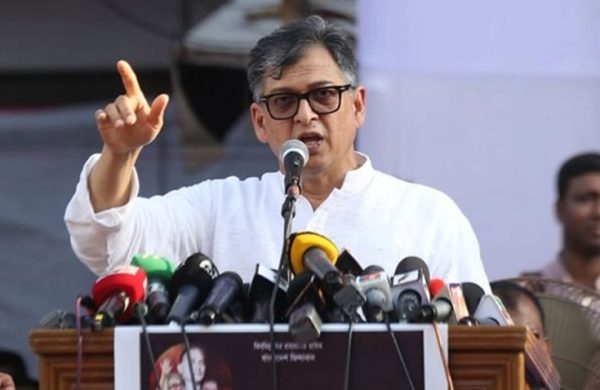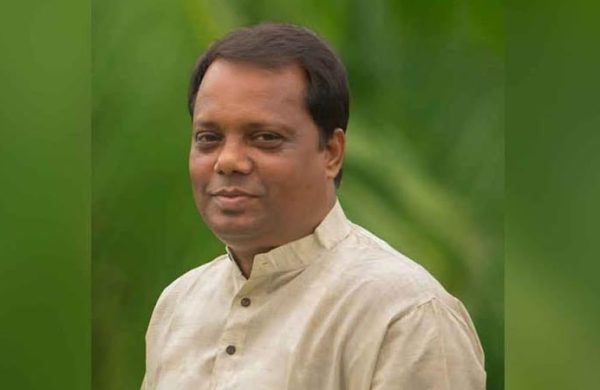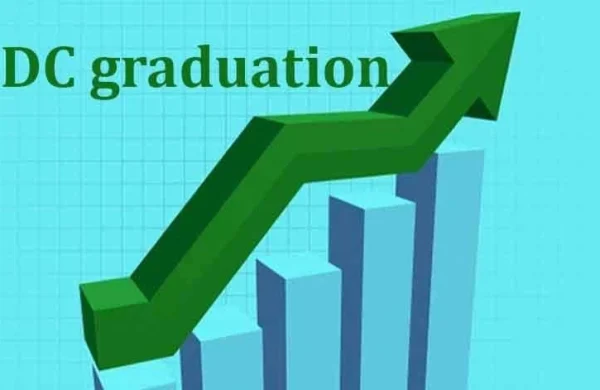Black Economy rises under cover of GDP growth
- Update Time : Wednesday, July 23, 2025
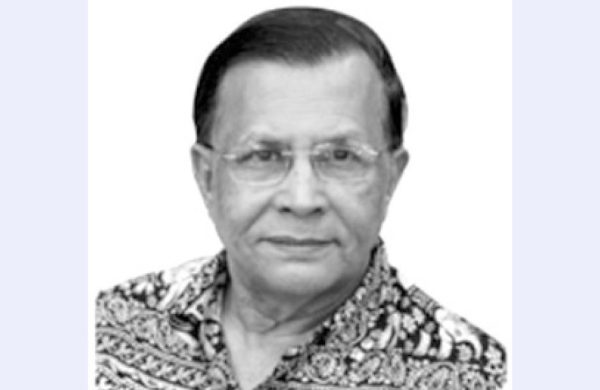
—Abdul Bayes—
Even a few months ago, Bangladesh economy was seen as a result of “development paradox,” with major confusions over the GDP growth journey. Many foreign analysts, who once viewed the South Asian economy as a sinkhole, were awed at its almost meteoric rise. Alas, their confusions and expressions of surprises had adequate grounds for concern. Now, the paradoxical situation is coming to our senses.
The economy of Bangladesh did grow over the past few decades, but with unsustainable rich-poor income disparity, and the ever-growing presence of a corrupt class.
Since 1990, the economy’s gross national income (GNI) has grown significantly compared with other South Asian economies like Pakistan and India. By 2010, Bangladesh had beaten Pakistan by 10%, and reduced the gap with India by eight percentage points.
The progress was accompanied by a growing rich-poor divide, a natural and predictable evil for every economy as envisioned by economists. But, if uncontrolled the divide could become a dangerous burden, said US economist Michael Rothschild.
Simon Kuznets’ “trickle-down effect theory” is also not bearing fruit for Bangladesh at present, and there is little sign it would in the future. The theory states that a major portion of the income and prosperity enjoyed by the super-rich would come to the benefit of lowest-class people.
The rich would splurge money on consumer goods and make hefty business investments.
Even if the “trickle-down effect” is leading to increased sales for low-earning traders and job creation, the impact is negligible. The employment rate is well below the acceptable rate.
Such can be expected in Bangladesh, where tax evasions are rife, administration-backed corruption is commonplace, willful loan default rate is huge, and money laundering is widespread. The evil corrupted class is working as overlords of the country, eating away at least 2% of GDP. Corrupt people were always there in the country, but the cohort gained overwhelming strength over the past 15 years with support from the Awami League regime.
These evil forces are working behind the scenes to devoid the government of huge revenues, pollute political activities, creating a class focused on wicked consumption, and declining social values.
Amidst all these troubles, the interim government’s corruption crackdown, specifically targeting money launderers has ushered in rays of hope. After all, “it is better late than never.” However, despite all the sincere efforts, doubts remain whether Chief Adviser Prof Muhammad Yunus can go after the people in his own administration.
Bangladesh’s corruption network has deep roots spreading into the judiciary, public service and even the military. Challenging this network is not only difficult but also dangerous. Still, we are riding on high hopes that the interim government will be able to bring them under control.
————————————————————————————-
The writer is a former vice-chancellor of Jahangirnagar University


